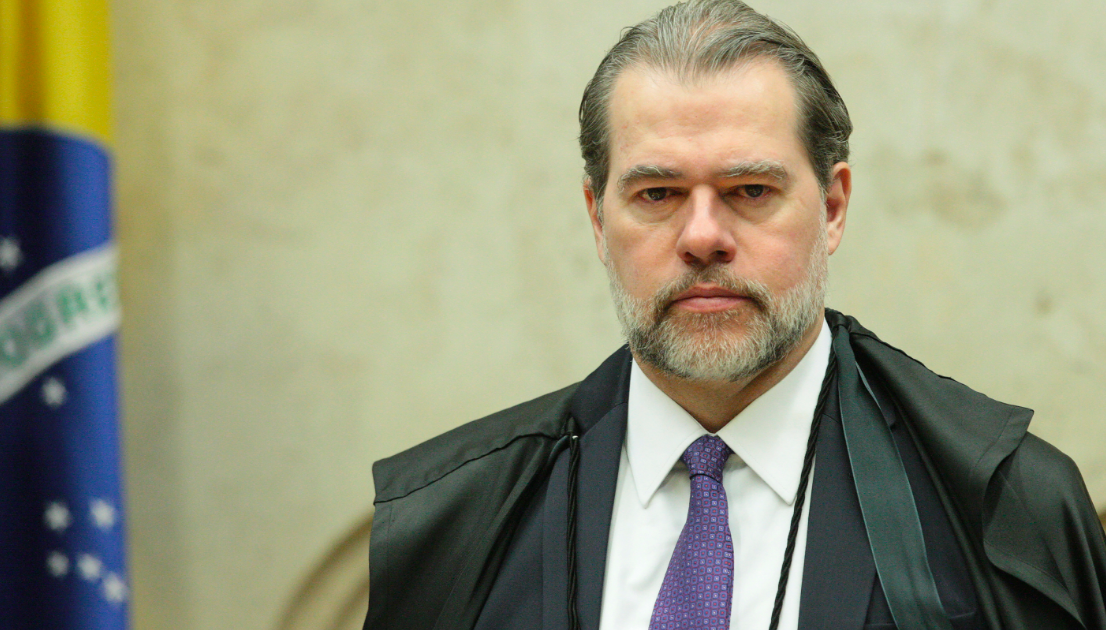RIO DE JANEIRO, BRAZIL – Federal Supreme Court (STF) Justice Dias Toffoli on Tuesday, December 1st, ordered the suspension of a decree by President Jair Bolsonaro that encourages the establishment of special rooms and schools for students with disabilities, global developmental disorders such as autism, and over-gifted children.
The decree is considered a setback in the country’s inclusion policies, as well as discriminatory, because it would make room for schools to refuse to accept students with these features. Toffoli’s decision, which will be put to a full court vote next week, was made in the review of a lawsuit filed by the PSB (Brazilian Socialist Party).
PSB appealed to the Supreme Court on the grounds that Bolsonaro’s policy violates the fundamental precepts of education, human dignity, the rights of people with disabilities, and the prevention of setbacks on human rights. When the National Policy on Special Education was introduced, Minister of Education Milton Ribeiro said that “many students are not being benefited in common classes.”

According to Toffoli, often considered an ally of Bolsonaro in the Supreme Court, the paradigm of inclusive education “is the result of a process of social achievements that have removed the concept of a segregated existence of people with disabilities or special needs to insert them in the community context.”
For the STF Justice, the decree may eventually “support public policies that undermine the imperative of inclusion of students with disabilities, global developmental disorders, and high skills or over-gifted in the regular education network.”
“The absolute priority to be given to inclusive education should be emphasized, and it is not up to public authorities to resort to institutions of classes and specialized schools to circumvent the provisions of educational inclusion of all students,” stressed Toffoli, who has a brother with Down’s Syndrome.
The topic will be analyzed in the STF’s virtual plenary session on December 11th.
“It is striking that the device (which defines the concept of inclusive regular schools) regards inclusive regular schools as a specific category within the universe of special education as if non-inclusive regular schools were possible. Inclusive education does not mean the implementation of a new institution, but rather the adjustment of the entire regular education system, in order to unite students with and without disabilities within the same teaching proposal, to the extent of their specificities,” wrote Toffoli.
The decree provides resources for public networks that wish to embrace the policy and also for organizations such as the APAES (Association of Parents and Friends of Exceptional Children), institutions for the deaf and others that offer special education.
Toffoli also determined that the Federal Solicitor General (AGU) and the Prosecutor General’s Office (PGR) should submit briefs on the case within three days. The Ministry of Education (MEC) has not yet commented.
Resources
Currently, approximately 90% of students with disabilities or developmental disorders study in regular schools in Brazil, a number that has been growing since 2008 when the inclusion policy was implemented. Since then, special care institutions have lost government resources.
Experts say that there are still inclusion challenges, but that the focus of government resources should be to better train professionals and provide greater structures for such care in regular schools, rather than separating children. However, students have never ceased to be allowed to be enrolled in special services too.
PSB Attorney’s Statement on the decision:
“Justice Dias Toffoli’s decision reiterates the educational policy in force since 2008, which was in line with the best international practices, under the UN Convention on the Rights of Persons with Disabilities and Article 208 of the Federal Constitution. The positive impacts of the inclusion of people with disabilities in regular education institutions are widely recognized by specialized organizations, and are applicable to all those involved in the educational process.”
Source: O Estado de S. Paulo

